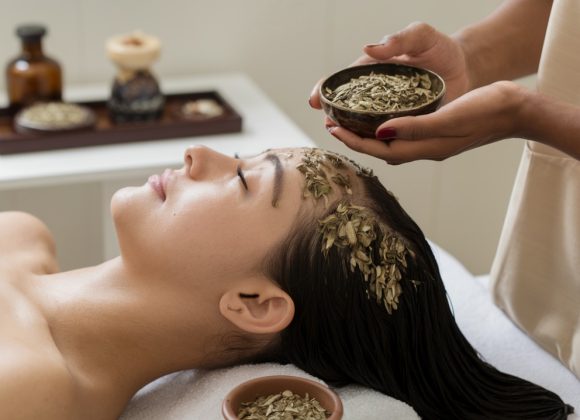Diabetes is a growing global health challenge affecting over 400 million people worldwide. While modern medicine offers insulin and oral medications, many are now turning to natural and holistic approaches, especially Ayurveda, the ancient Indian system of healing. But how effective is it?
In this blog, we explore how Ayurveda views diabetes, its root causes, and the herbs, diet, and lifestyle changes it recommends to help manage blood sugar naturally.
What Is Diabetes According to Ayurveda?
In Ayurveda, diabetes is called “Madhumeha”, which means “sweet urine.” It’s classified under Prameha, a group of metabolic disorders caused by an imbalance in the three doshas—Vata, Pitta, and Kapha, particularly Kapha.
Ayurvedic theory links diabetes to:
- Poor digestion (Agni dysfunction)
- Accumulation of toxins (Ama)
- Weak pancreatic function and imbalanced dhatus (tissues)
- Sedentary lifestyle and poor dietary habits
Common Symptoms of Madhumeha
- Frequent urination (polyuria)
- Excessive thirst and hunger
- Fatigue and weakness
- Unexplained weight loss
- Slow-healing wounds
- Itchy skin or infections
Ayurvedic Remedies for Managing Diabetes
Ayurveda aims to treat the root cause of disease, not just the symptoms. Here are key Ayurvedic approaches that may support blood sugar balance:
1. Medicinal Herbs & Remedies
a. Gudmar (Gymnema sylvestre)
Known as the “sugar destroyer,” it reduces sugar absorption in the intestines and enhances insulin activity.
b. Neem
Helps reduce blood sugar and detoxifies the body.
c. Karela (Bitter Gourd)
Contains polypeptide-p, a plant insulin that helps lower blood sugar levels naturally.
d. Fenugreek Seeds (Methi)
Rich in soluble fiber, it slows sugar absorption and improves glucose tolerance.
e. Triphala
A detoxifying herbal blend that supports gut health and metabolism.
👉 NIH Study on Ayurvedic Herbs for Diabetes
2. Ayurvedic Diet Guidelines
- Favor low glycemic index foods like barley, millets, and green leafy vegetables
- Avoid processed foods, refined sugar, excess salt, and dairy
- Include spices like turmeric, cinnamon, and cumin for their anti-diabetic effects
- Eat warm, freshly prepared meals and avoid overeating
- Maintain regular meal times to balance digestion
3. Lifestyle & Yoga Practices
Adopting a disciplined lifestyle with yoga can greatly support overall health and aid in managing diabetes. Waking up early and following Dinacharya promotes balance. Yoga poses like Vajrasana, Paschimottanasana, and Surya Namaskar improve digestion and metabolism. Pranayama helps reduce stress, while daily walks or light exercise boost insulin sensitivity and energy levels.
🔗 Read more: Yoga and Mental Health: Scientific Studies on Stress & Anxiety
Can Ayurveda Replace Allopathic Treatment?
No. Ayurveda can be complementary, not a substitute, to allopathic medicine—especially in Type 1 or advanced Type 2 diabetes. It’s vital to consult both an Ayurvedic and an allopathic physician before making changes to your treatment plan.
Final Thoughts
Ayurveda offers powerful tools to manage diabetes naturally through herbs, mindful eating, and balanced living. While it doesn’t offer an instant cure, it emphasizes long-term healing, prevention, and restoring balance to the body.
“Let food be thy medicine and medicine be thy food” — Hippocrates. Ayurveda embraces this wisdom wholeheartedly.




